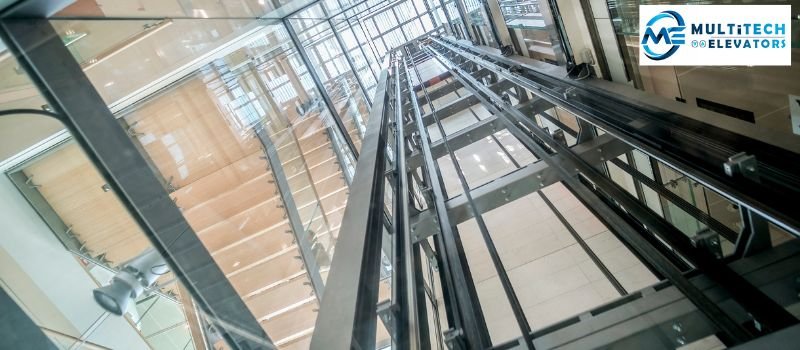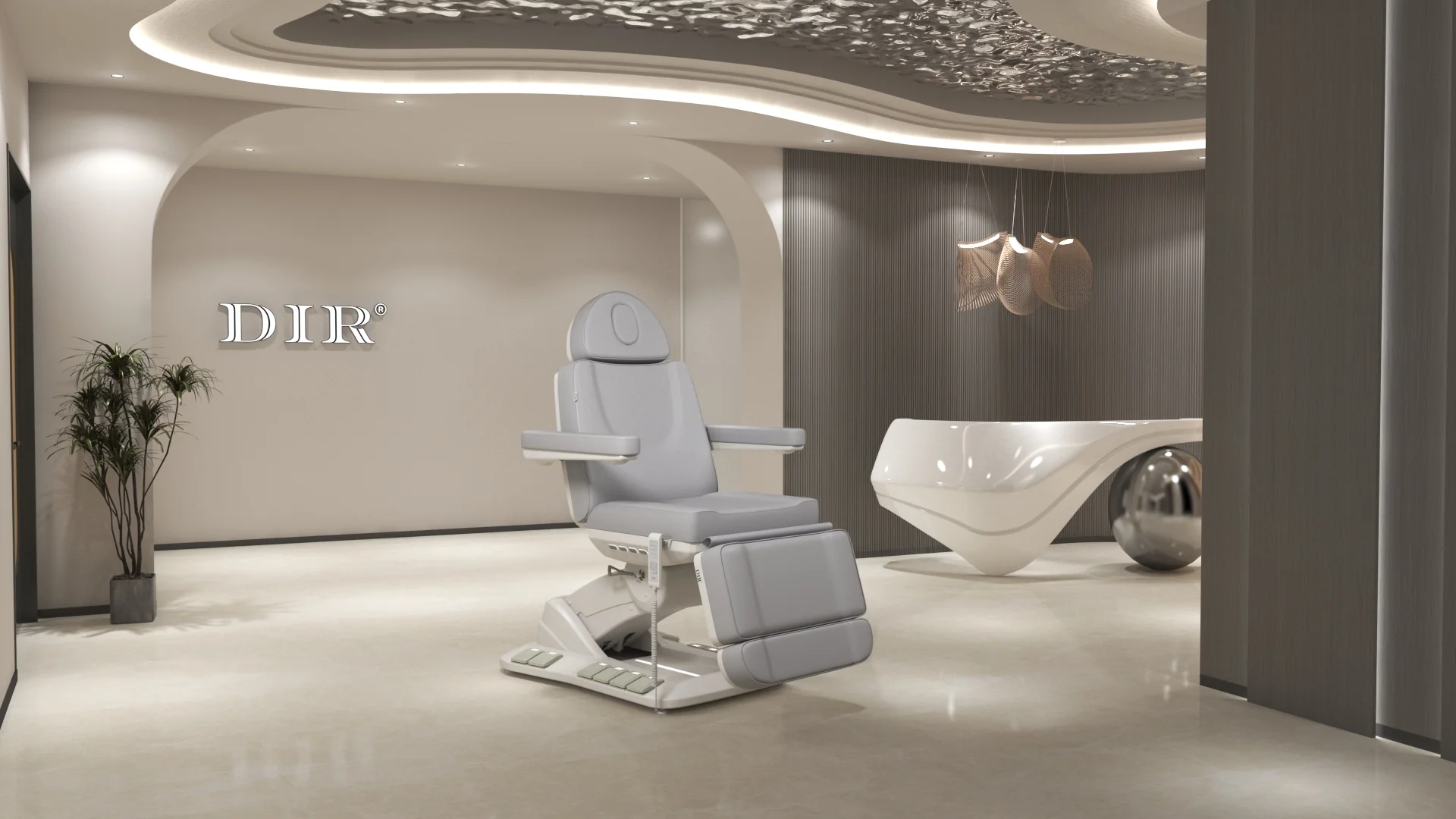In the modern age, where technology is rapidly advancing and our lifestyles are evolving, accessibility within our homes has become more important than ever. A key innovation in this domain is the chair lift elevator, also known as a stair lift. This device is not just a tool for those with mobility issues, but a means to maintain independence, comfort, and safety in one’s own home. In this article, we will delve into why the chair lift elevator stands out as the best home elevator option, exploring its benefits, features, installation process, and considerations when choosing the right model for your needs.
1. Introduction to Chair Lift Elevators
A chair lift elevator is a motorized chair that travels along a rail mounted to the stairs, allowing individuals to move between different floors of their home with ease. Unlike traditional elevators, chair lift elevators are specifically designed for residential use, providing a practical solution for people who find it challenging to navigate stairs due to age, injury, or disability. They are particularly beneficial for elderly individuals, those with arthritis, or anyone recovering from surgery, as they reduce the risk of falls and offer a sense of security.
2. Why Chair Lift Elevators Are the Best Home Elevators
a. Accessibility
The primary advantage of a chair lift elevator is its ability to provide unparalleled accessibility. For individuals with limited mobility, stairs can become a daunting obstacle. A chair lift removes this barrier, allowing users to move freely and independently within their homes. This accessibility is not only crucial for day-to-day living but also plays a significant role in the overall quality of life.
b. Safety
Safety is a major concern for anyone with mobility issues, and a chair lift elevator addresses this concern head-on. The risk of falling on stairs is significantly reduced with the use of a chair lift. Most models come equipped with safety features such as seat belts, swivel seats, and footrests, ensuring that users are secure during their journey up or down the stairs. Additionally, many chair lifts are equipped with sensors that detect obstacles on the stairs, automatically stopping the lift to prevent accidents.
c. Ease of Use
One of the most appealing aspects of chair lift elevators is their ease of use. They are designed with user-friendliness in mind, often featuring simple controls that can be operated with minimal effort. Most chair lifts are equipped with a joystick or button controls that are easy to reach and use, even for individuals with limited hand mobility. Some models also offer remote controls, allowing users to call the lift to their floor with ease.
d. Cost-Effectiveness
Compared to traditional home elevators, chair lift elevators are significantly more affordable. Installing a full-sized elevator can be a costly and time-consuming process, often requiring extensive modifications to the home. In contrast, a chair lift can be installed quickly and with minimal disruption to the home’s structure. This makes chair lifts a cost-effective alternative for those looking to improve accessibility without breaking the bank.
e. Space-Saving Design
Another reason chair lift elevators are considered the best home elevators is their space-saving design. Traditional elevators require a dedicated shaft, which can take up valuable floor space. Chair lifts, on the other hand, are designed to fit seamlessly onto existing staircases, whether they are straight or curved. This makes them an ideal solution for homes with limited space.
3. Key Features of Chair Lift Elevators
Chair lift elevators come with a variety of features designed to enhance comfort, safety, and convenience. Here are some of the key features you can expect from a high-quality chair lift:
a. Comfortable Seating
Most chair lifts are designed with padded seats and backrests to ensure comfort during use. The seats are often adjustable, allowing users to find a comfortable position. Some models also offer options such as heated seats or extra-wide seating for added comfort.
b. Swivel Seats
Swivel seats are a crucial feature in chair lifts, as they allow users to easily get on and off the lift. The seat can be rotated towards the landing at the top or bottom of the stairs, making it easier to transfer in and out of the chair. This feature also enhances safety by ensuring that users face the correct direction when exiting the lift.
c. Foldable Design
To save space, many chair lifts come with foldable seats, armrests, and footrests. When not in use, these components can be folded up, allowing more space on the stairs for others to pass. This is particularly useful in homes with narrow staircases.
d. Battery Backup
Power outages can be a concern when relying on an electric chair lift. To address this, many models come equipped with a battery backup system that allows the lift to continue operating during a power failure. This ensures that users are not left stranded in the event of an outage.
e. Customizable Rails
Chair lifts can be installed on almost any type of staircase, whether it’s straight, curved, or even spiral. Customizable rails ensure that the lift fits perfectly on your stairs, providing a smooth and safe ride. Some models also offer rails that can be customized to match the décor of your home.
4. Installation Process
One of the advantages of chair lift elevators is the relatively simple installation process. Here’s an overview of what to expect:
a. Assessment and Measurement
Before installation, a professional will visit your home to assess your staircase and take precise measurements. This ensures that the chair lift is tailored to fit your specific stairs and meets your needs.
b. Installation
The installation process typically takes a few hours and involves mounting the rail to the staircase and securing the chair to the rail. Because the rail is attached to the stairs rather than the walls, there is minimal disruption to the structure of your home.
c. Testing and Demonstration
Once installed, the technician will test the chair lift to ensure it operates smoothly and safely. They will also provide a demonstration, showing you how to use the controls, safety features, and maintenance procedures.
5. Considerations When Choosing a Chair Lift Elevator
When selecting a chair lift elevator, there are several factors to consider to ensure you choose the best model for your needs:
a. Type of Staircase
The type of staircase in your home will significantly influence the type of chair lift you need. For straight stairs, a standard model will suffice. However, if you have curved or spiral stairs, you’ll need a custom-built chair lift with a curved rail.
b. Weight Capacity
Chair lifts come with different weight capacities, so it’s essential to choose one that can safely support the user’s weight. Most standard models support up to 300 pounds, but there are heavy-duty options available for users who require a higher weight capacity.
c. Budget
While chair lifts are more affordable than traditional elevators, there is still a range of prices depending on the features and customization options. It’s important to set a budget and choose a model that offers the best value for your money.
d. Aesthetics
Although functionality is the most important factor, many homeowners also consider the aesthetics of the chair lift. Modern chair lifts are available in various styles and colors, allowing you to choose one that complements your home’s décor.
e. Warranty and Support
Finally, consider the warranty and customer support offered by the manufacturer. A good warranty will cover parts and labor for a specified period, providing peace of mind in case of any issues. Additionally, ensure that the manufacturer offers reliable customer support for any future maintenance or repairs.
6. Conclusion
The chair lift elevator is a remarkable innovation that has transformed the way people with mobility challenges navigate their homes. By offering a safe, accessible, and cost-effective solution, it stands out as the best home elevator option for many individuals. Learn More




